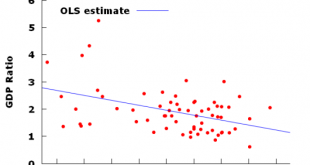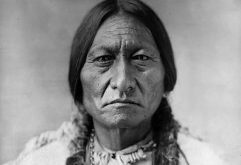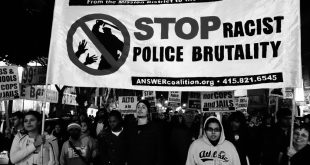Sad, sad, sad, news reached me today. In loving memory of my dear mother-in-law, Ritva Syll, who passed away last night. [embedded content] .[embedded content]
Read More »Bleu
.[embedded content] Though I speak with the tongues of angels, If I have not love… My words would resound with but a tinkling cymbal. And though I have the gift of prophesy… And understand all mysteries… and all knowledge… And though I have all faith So that I could remove mountains, If I have not love… I am nothing.
Read More »The truth about charter schools
The truth about charter schools Parents frustrated with how their children’s public schools have responded to the COVID-19 crisis—whether they opted for in-person instruction, remote learning, or a blend of both—may see charter schools, with their free tuition and flexibility in reopening, as an attractive alternative. But a new report from the Network for Public Education reveals that sending students to charter schools comes with a considerable downside:...
Read More »Annie Lööf och hennes ungdomsförbund borde veta hut
Annie Lööf och hennes ungdomsförbund borde veta hut I en video på twitter berättade centerpartiets ungdomsförbunds ordförande Réka Tolnai häromdagen att “inga onödiga sosselagar” ska få stoppa ungdomar från att få jobb. “Vi kan inte ha en lagstiftning som skyddar Britt-Marie, 45, som har suttit kvar i fikarummet i flera år.” Och detta ankors plask och grodors plums ska man behöva lyssna till år 2021. Man tager sig för pannan! Men kanske borde man inte...
Read More »Does size matter?
Economic growth has since long interested economists. Not least, the question of which factors are behind high growth rates has been in focus. The factors usually pointed at are mainly economic, social and political variables. In an interesting study from the University of Helsinki, Tatu Westling has expanded the potential causal variables to also include biological and sexual variables. In the report Male Organ and Economic Growth: Does Size Matter, he has — based on the...
Read More »Standing up against cancel culture
Standing up against cancel culture .[embedded content]
Read More »Do any benefits of alcohol outweigh the risks?
Do any benefits of alcohol outweigh the risks? .[embedded content] Identifying the data generating process sure is important if we want to be able to understand data. Finding a correlation between drinking alcohol and mortality does not explain anything, and certainly does not mean that you have been able to identify a causal relation between variables. Regressing on covariates is not enough. There are tons of alternative explanations for the (alleged)...
Read More »Ayn Rand — one of history’s biggest psychopaths
Ayn Rand — one of history’s biggest psychopaths Now, I don’t care to discuss the alleged complaints American Indians have against this country. I believe, with good reason, the most unsympathetic Hollywood portrayal of Indians and what they did to the white man. They had no right to a country merely because they were born here and then acted like savages. The white man did not conquer this country … Since the Indians did not have the concept of property or...
Read More »Racial bias in the use of force by police
Racial bias in the use of force by police Our analysis indicates that existing empirical work in this area is producing a misleading portrait of evidence as to the severity of racial bias in police behavior. Replicating and extending the study of police behavior in New York in Fryer (2019), we show that the consequences of ignoring the selective process that generates police data are severe, leading analysts to dramatically underestimate or conceal...
Read More »När penningsystemet inte levererar
När penningsystemet inte levererar Ett ännu tyngre ansvar bär regeringen som trots den lägsta statsskulden på 40 år valt att fortsätta betala av ännu mer. Den offentliga skuldsättningen i Sverige väntas 2021 sjunka under 30 procent av BNP, vilket innebär att regeringen är skyldig enligt lag att förklara för Riksdagen hur det kommer sig att man inte spenderat mera pengar. Regeringens tvångsmässiga avbetalningar har uppmärksammats i internationell...
Read More » Lars P. Syll
Lars P. Syll





